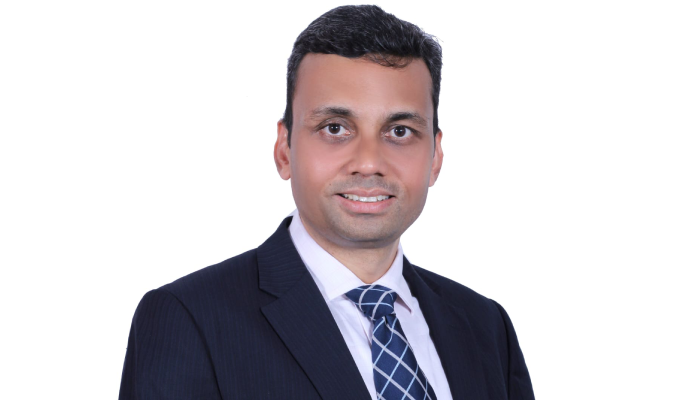India has been a hotbed for pharma and life sciences GCCs in the last decade, with 23 of the world’s top 50 life sciences organisations setting up in India. The last five years have witnessed exponential growth, with 50% of these GCCs being set up on Indian soil, making the country the most preferred location to extract and utilise the extensive life sciences talent, followed by other geographies like APAC, Europe, and LATAM.
Gone are the days when Indian centres were perceived as back offices providing support functions for their respective Western counterparts, thus reducing cost and fostering profitability. Now, this approach has significantly taken a backseat. While cost has been, and probably will continue to be, a differentiating factor, it is definitely not just “the” factor. Other factors, such as a diverse talent pool, whether in scientific research, pharmacovigilance, drug discovery, or even the routine marketing and HR operations, position India not just as another functional wing, but as a hub for innovation and growth.
As per the recent EY study on Life Sciences GCCs, if we were to categorise the cities globally, we’d find that Hyderabad, Bengaluru, and Chennai are the most preferred cities because of their highly cost-effective operations coupled with the abundant talent pool to scale operations. This is followed by the APAC region, particularly Kuala Lumpur, Manila, and Dalian, which are preferred for native Asian language support and local data localisation requirements. Europe has also seen a fair share of traffic, with Warsaw, Budapest, Lisbon, Bratislava, and Cork being attractive due to their proximity to key European markets along with their cultural and linguistic similarities. While India has definitely moved beyond the cost-arbitrage tag, LATAM still remains the preferred cost-effective nearshoring destination for Americas operations, with a skilled and bilingual workforce mainly concentrated in San Jose, Mexico City, Guadalajara, and Buenos Aires.
Although India offers access to one of the largest and most cost-effective pools of scientific, medical, and digital talent, with more than 2.7 million professionals already employed in the life sciences industry, a strong pipeline of over 2 million STEM graduates, and more than 1,10,000 medical graduates added annually, it is not just the talent pool that makes India attractive. Supportive policies at both the central and state levels have also facilitated life sciences organisations in setting up their base here. Targeted incentives such as simplified foreign investment norms, eased entry clearances, and a renewed focus on strengthening the GCC landscape, along with state-level GCC policies, have encouraged these organisations to make India a preferred location.
Modern operating model transformations extend well beyond mere cost reduction, emphasising innovative approaches to internal structuring that drive greater efficiencies, accelerate go-to-market strategies, and strengthen competitive advantage. In response to shifting trends, organisations are increasingly pursuing global excellence by enhancing their capabilities through dedicated centres and leveraging cost-effective locations with access to a highly skilled talent pool.
Global organisations, including those headquartered in the US, UK, and Japan, have set up advanced GCCs in India that are spearheading drug discovery, digital therapeutics, and real-world evidence (RWE) analytics, while harnessing AI to drive outcomes. These centres are playing a pivotal role in accelerating pipelines and fostering patient-centric innovation. According to the 2024 EY GCC Pulse Survey, 70% of GCC leaders are investing in GenAI and Agentic AI, while 76% are integrating their talent into global transformation programmes. Given the caution required in deploying AI within highly regulated environments, 76% of GCC leaders are also prioritising investments in strengthening cybersecurity.
Now, the discussion is not about finding a seat at the table, but about finding the voice at the table too. What began as a cost-arbitrage model has now transformed into a platform where Indian talent not only builds innovation but also takes up leadership positions in shaping global strategies. The next phase of growth will be defined not by scale alone, but by the leaders India contributes to the global life sciences ecosystem.






